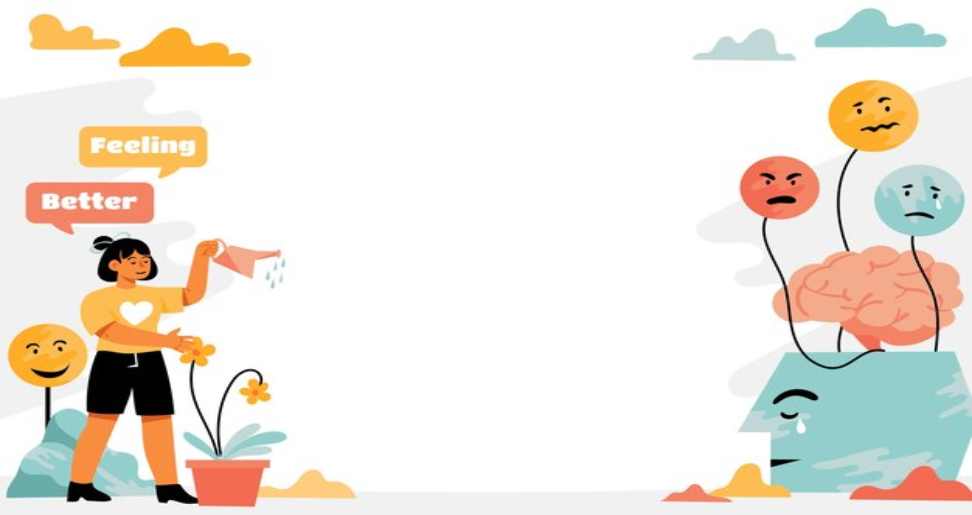Addiction is a complex disorder that not only affects an individual’s physical health but also their emotional well-being. During the recovery process, individuals often face a range of emotions, from cravings and anxiety to depression and anger. Effectively managing these emotions is crucial for achieving long-term sobriety and maintaining a healthy lifestyle. In this article, we will explore strategies for managing emotions during addiction treatment, with a focus on Emotional Regulation and its importance in drug addiction rehabilitation.
Understanding the Role of Emotions in Addiction
Emotions play a significant role in the development and maintenance of addiction. Many individuals turn to drugs or alcohol as a way to cope with negative emotions, such as stress, anxiety, or depression. Over time, this coping mechanism becomes a habit, leading to addiction. Additionally, chronic drug use can alter the brain’s chemistry, making it difficult for individuals to regulate their emotions effectively.
The Importance of Emotional Regulation in Recovery
Emotional Regulation, the ability to manage and control one’s emotions, is a critical component of addiction recovery. Individuals who struggle with Emotional Regulation are more likely to experience cravings, relapse, and other negative outcomes during treatment. By developing skills to manage their emotions, individuals can increase their chances of achieving long-term sobriety and improving their overall quality of life.
Strategies for Managing Emotions During Treatment
- Mindfulness and Meditation: Practicing mindfulness and meditation can help individuals become more aware of their emotions and learn to accept them without judgment. These practices can also reduce stress and anxiety, which are common triggers for relapse.
- Cognitive-Behavioral Therapy (CBT): CBT is a type of therapy that helps individuals identify and change negative thought patterns that contribute to their addiction. By challenging irrational beliefs and developing coping strategies, individuals can learn to manage their emotions more effectively.
- Support Groups: Participating in support groups, such as Alcoholics Anonymous (AA) or Narcotics Anonymous (NA), can provide individuals with a sense of community and belonging. Sharing experiences and strategies with others who are going through similar challenges can help individuals feel less alone and more motivated to stay sober.
- Exercise and Healthy Habits: Engaging in regular exercise and developing healthy habits, such as getting enough sleep and eating a balanced diet, can help regulate emotions and improve overall well-being. Exercise releases endorphins, which can boost mood and reduce stress, while healthy habits can provide a sense of structure and stability during recovery.
The Role of Drug Addiction Rehabilitation in Managing Emotions
The drug addiction rehabilitation programs often incorporate strategies for managing emotions into their treatment plans. These programs provide a structured environment where individuals can learn to identify and manage their emotions in a safe and supportive setting. Through individual and group therapy, as well as educational workshops and activities, individuals can develop the skills and tools necessary to manage their emotions effectively and maintain long-term sobriety.
Conclusion
Managing emotions during addiction treatment is a critical component of achieving long-term sobriety and improving overall well-being. By incorporating strategies such as mindfulness, CBT, support groups, and healthy habits into their recovery plan, individuals can learn to manage their emotions more effectively and reduce their risk of relapse. Drug addiction rehabilitation programs can provide a supportive and structured environment where individuals can develop these skills and tools, increasing their chances of achieving lasting recovery.
Read more:
- 7 Things To Do In Washington DC
- Exploring The Heart Of Music City: Things To Do In Nashville, Tennessee
- Swimming With Pigs Bahamas – How To Meet The Swimming Pigs Of The Bahamas?


